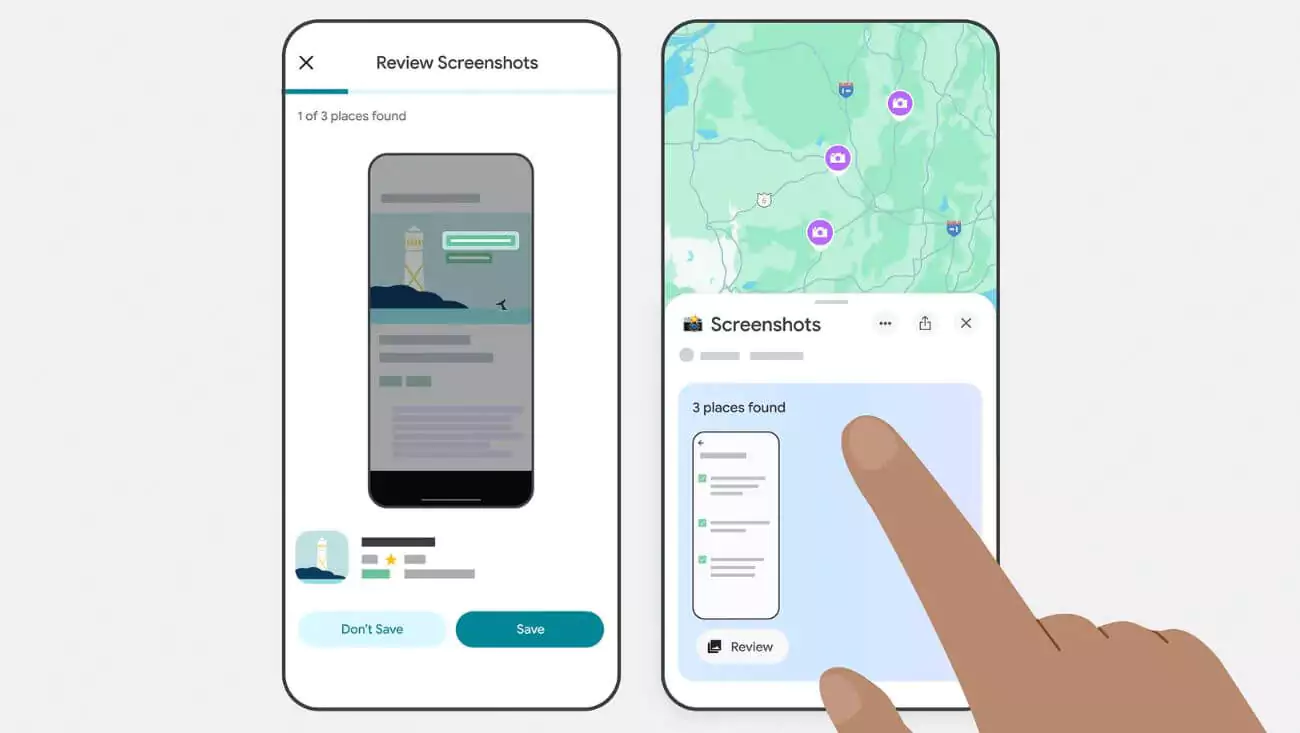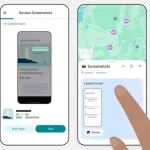Google Maps has introduced a groundbreaking feature for iPhone users, utilizing Gemini AI to scan screenshots and save location data for seamless travel planning. Launched on May 7, 2025, this update enables the app to extract places from screenshots—such as those from travel blogs, social media, or articles—and store them in a dedicated list for easy access. While this innovation enhances the travel experience, it also sparks privacy debates about AI accessing personal photos, highlighting the challenges of balancing convenience with data security in AI-powered tools.
According to the official Google blog, the feature is available on iOS (U.S. English) via the “You” tab in Google Maps, with Android support planned for the future. Users can enable auto-scanning by granting photo library access, allowing the app to detect new screenshots with location information and display them in a carousel for review. Alternatively, manual uploads to the “Screenshots” list are an option. The app processes images on-device, ensuring screenshots stay on the user’s phone, a privacy safeguard Google emphasizes. Users can save identified places to their lists or discard them, with the flexibility to organize saved locations into other collections later, streamlining trip planning.
This feature addresses a common issue for travelers: losing track of places spotted in screenshots. For instance, a screenshot of a restaurant mentioned in a travel article can be scanned, and Google Maps will save its location for future reference. A demo tutorial within the app guides users, and a “Turn on/off auto-scan” option offers control over photo access. This update aligns with Google’s ongoing efforts to integrate AI into daily tools, building on features like AI Overviews in Google Lens, which recently added support for languages such as Hindi and Japanese, enhancing its global utility.
However, the feature has raised privacy concerns, as TechRadar pointed out, due to its need to access a user’s photo library, potentially exposing personal images to AI analysis. Despite Google’s assurance of on-device processing and user control through opt-in settings, some users may feel uneasy, especially given past tech privacy issues. The ability to disable auto-scanning or manually select screenshots offers a workaround, but the feature underscores the tension between innovation and privacy in AI-driven applications, a growing concern as companies expand their AI capabilities.
For iPhone users, this Google Maps update could revolutionize travel planning by ensuring no recommended spot is forgotten, complementing tools like ChatGPT for itinerary creation. Yet, users should weigh the benefits against privacy risks and adjust their settings accordingly, such as limiting photo access or disabling the feature if needed. As Google Maps continues to evolve with AI, this feature could pave the way for more advanced travel tools, though its long-term success hinges on addressing user concerns about data privacy.
The Gemini AI screenshot-scanning feature is now live for iPhone users in the U.S., with Android support on the horizon. As AI becomes more integrated into navigation apps, this update highlights both the potential for enhanced user experiences and the need for robust privacy protections. What are your thoughts on Google Maps scanning screenshots for travel planning, and would you trust it with your photo library? Share your perspective in the comments—we’d love to hear your insights on this innovative feature.







